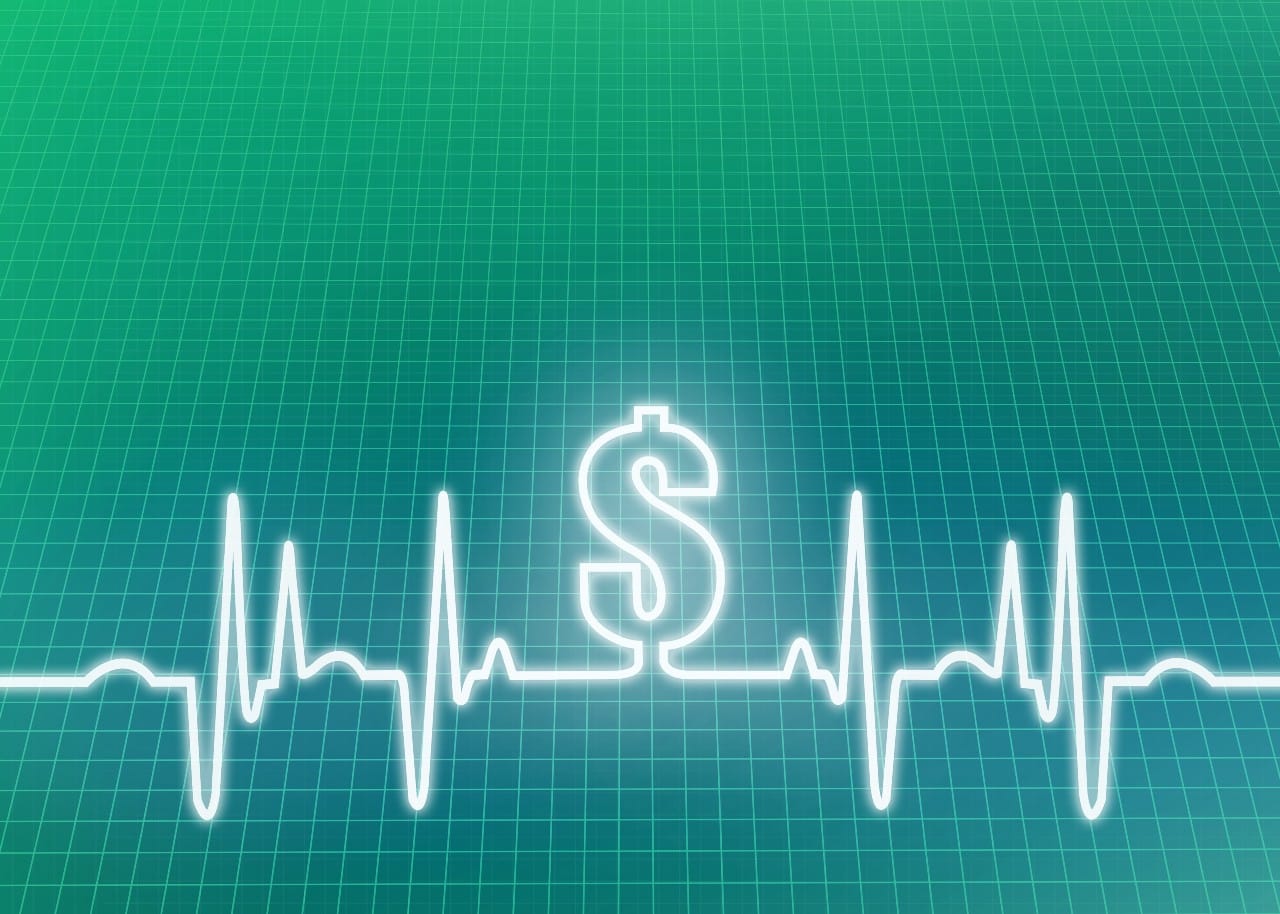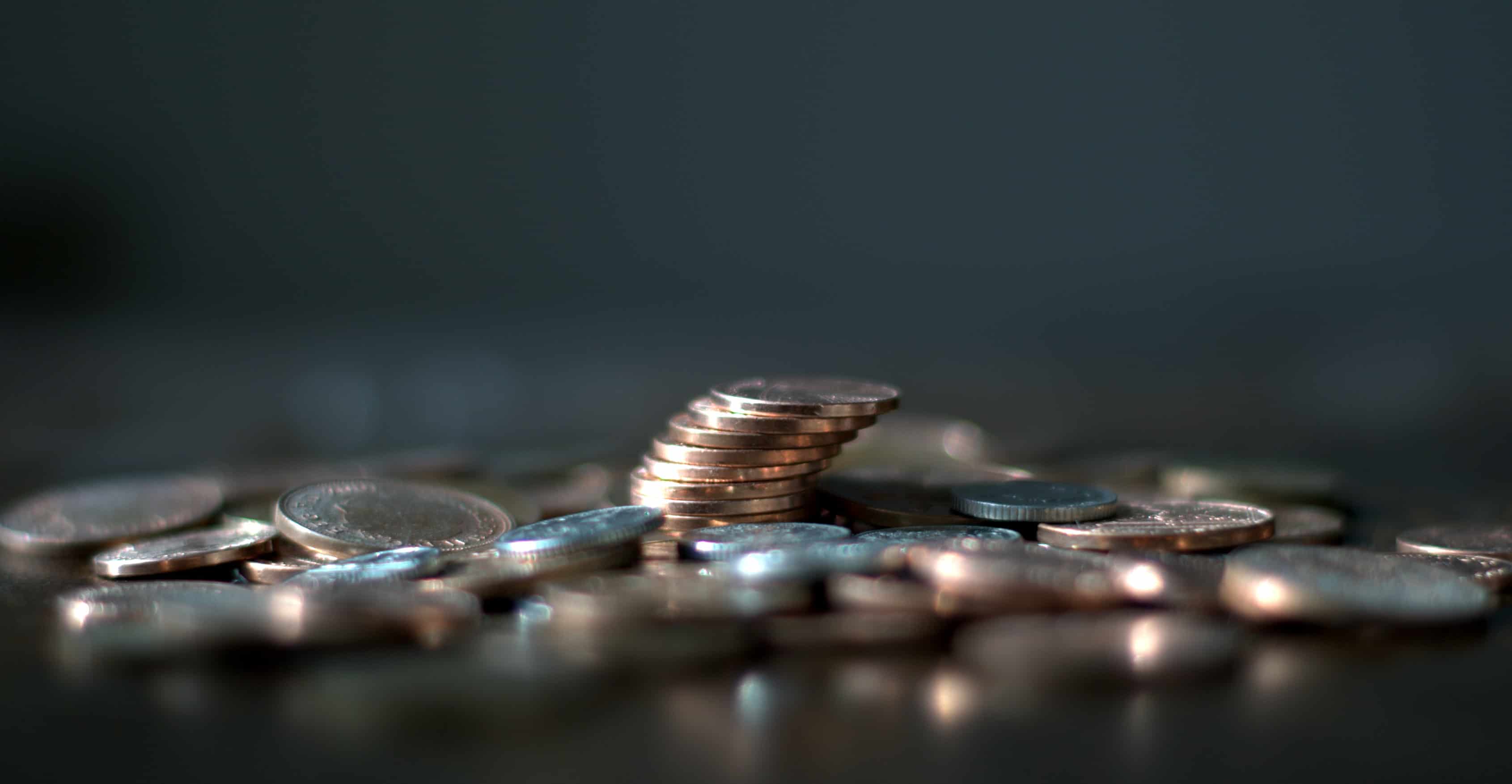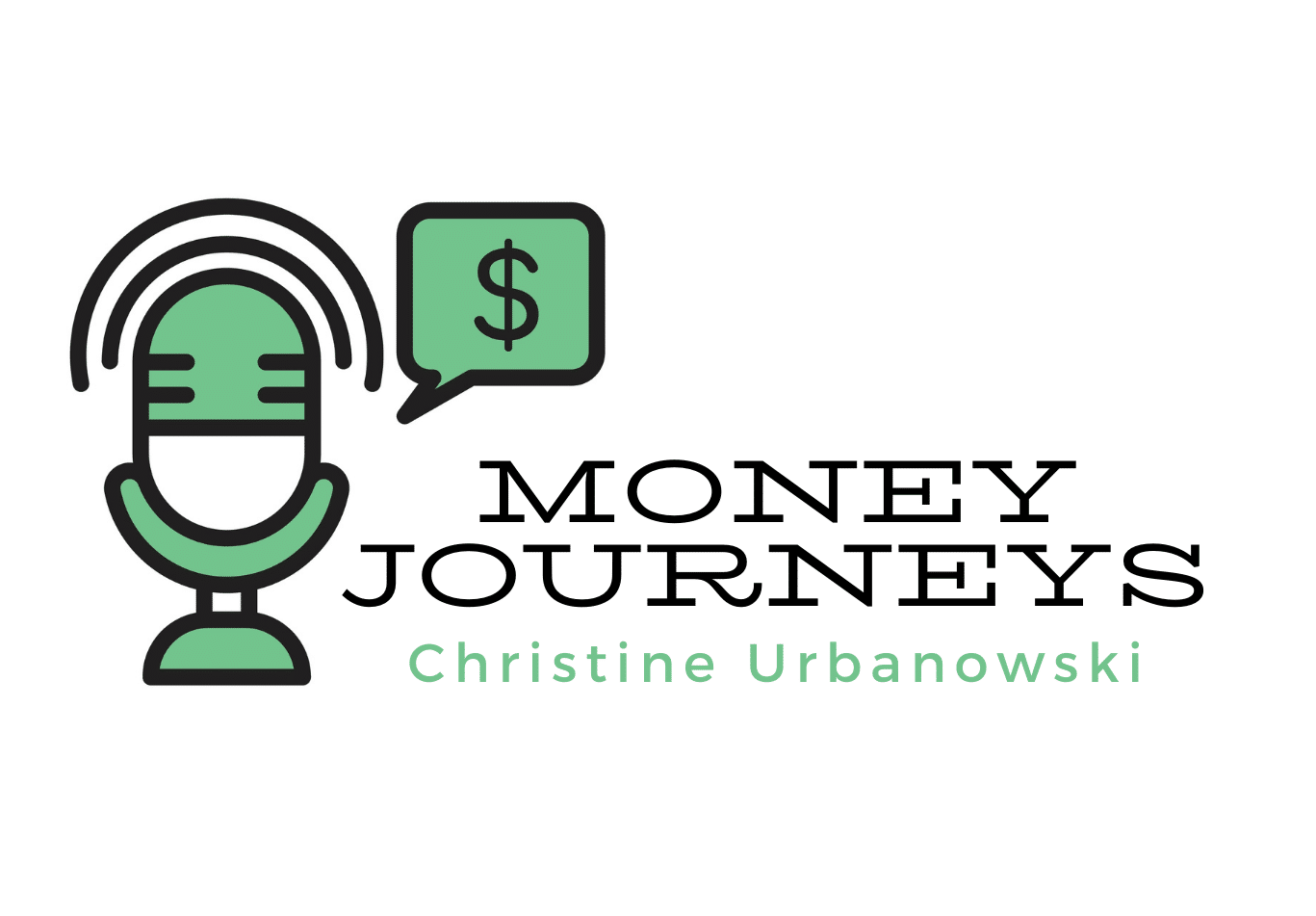Do you ever feel a surge of joy when you buy something? This is the brain releasing the chemical dopamine. Dopamine is our body’s reward system. It can keep us motivated to reach our goals, like financial wellness, but if abused can lead to addiction and debt. How can we regulate our dopamine to mitigate our urge to splurge? Better yet, how can we flip the script and actually use dopamine to reach our goals? Let’s explore.
What is dopamine?
Dopamine is a neuromodulator. Meaning, it coordinates many chemicals in the brain that control energy, motivation, cravings and mood. We get little, short-lived, spikes of dopamine that help us enjoy events throughout our week. We also have a baseline dopamine level that can go up and down.
Why we need dopamine
We need dopamine to function. From an evolutionary perspective, dopamine is for seeking and forging – to survive and to thrive. It is what gives us our motivation to get things done and causes us to seek pleasure. It has kept our species alive by motivating us to go out and forage for food, seek a mate, eat, and reproduce.
The dopamine conundrum
The problem with dopamine is that it likes to stay in equilibrium. This means that a spike in dopamine caused by something pleasurable like shopping or eating chocolate, eventually leads to a dip in your dopamine level. This keeps you seeking out more dopamine.
In our world today there’s an abundance of opportunities to get a dopamine spike. Things like online shopping, social media, video games and sugary foods all spike our dopamine levels. As we learned, that means, in the long run, they all also lower your dopamine baseline. This leaves many of us requiring bigger dopamine spikes to achieve the same satisfaction.
Shopping on dopamine
Our brains, as mentioned earlier, are wired to seek and forage. Luckily (or unluckily, depending on how you look at it, we can now forage constantly – anywhere, any time. Shopping is a perfect example of modern-day foraging. There’s an important distinction to make at this point. Dopamine-seeking shopping is not about having something. It’s about wanting something. It’s about the chase.
The problem is, over time, a person’s sensitivity to dopamine from a specific activity decreases. If you don’t allow yourself to have the drop, you will lose sensitivity and you will seek out more and more dopamine. In other words, shopping trips tend to need to get more expensive to get the same high.
Dopamine, addiction and debt
Do you ever feel a little bit crazy when you are left with no stimulation? You left your phone at home and now you’re left with just your thoughts. This is your brain seeking more dopamine and can be a sign of addiction.
Gabor Mate, renowned addiction expert, defines addiction as, “a complex psycho-physiological process manifested in any behaviour in which a person finds pleasure and relief and therefore craves, but suffers negative consequences without being able to give it up.”
Spending money can be a dopamine-seeking addiction for some people that leads to negative consequences – debt and financial stress!
Ways to keep dopamine from hijacking your financial wellness
Fortunately, there are ways to work around dopamine’s effects to keep you on the road to financial wellness. There are even ways to use dopamine in your favour to help you reach your goals.
Other ways to get dopamine
When you are craving the high from buying something, just realizing that you are seeking dopamine gives you the upper hand. That moment of realization gives you the chance to choose. You get to choose whether to go partake in the dopamine fix, move away from it, or choose another, healthier, way to get it.
Things like getting something done on your to-do list, drinking coffee, eating chocolate, getting some sunlight, eating protein (or sugar – but sugar can cause other health issues!), and getting some exercise (only if you enjoy it), can all increase your dopamine.
Another way to increase your dopamine quickly, which can actually keep it up for a few hours, is cold water therapy. A cold plunge in a lake, a cold shower or even just splashing some cold water on your face can keep you from seeking dopamine in unhealthy ways like buying something you don’t need or can’t afford. A cold plunge could actually improve your financial wellness!
Increase your baseline dopamine
Knowing that a dopamine addiction may be part of your spending addiction (or other addiction), can motivate you to find ways to increase your baseline dopamine. This can help your brain to stop seeking dopamine hits.
The best way to increase your dopamine baseline is to take a 30-day fast from activities that are causing you to constantly seek dopamine. Identify your patterns or behaviours that feel addictive. These behaviours may not even be related to money but fasting from them can still have a positive effect on your spending. If shopping is an addiction for you, then fasting from it can help release you from the dopamine addiction. In fact, fasting from activities like social media, video games, and compulsive email checking, can all help increase your baseline dopamine levels and therefore help with excessive shopping.
Meditation and socialization are also great tools for increasing your base dopamine levels and your overall mental health. The key with these types of activities is that they also release other feel-good hormones like endorphins and oxytocin.
Other tips to curb a spending addiction
- Don’t store your credit card information on your device. This makes online shopping way too easy!
- Pay with physical cash. You feel the money leaving your wallet and you are less likely to overspend.
- Create self-binding rules for yourself like you must wait 24 hours before making a purchase.
- Eliminate your access to revolving credit. Turn your line of credit into a loan and cut up your credit cards.
Use dopamine to help you pay off your debt
When used correctly, dopamine is our motivation system. In other words, we can actually leverage our dopamine system to help us pay off our debt!
If you asked an accountant to put a debt repayment plan together for you, they would say to start with the debt that has the highest interest first. Pay that off and then pay off the next highest-interest debt. While this has merit, using dopamine to keep up your motivation can be more advantageous. To do this, you want to start with the smallest debt. Pay it off and celebrate! Get that dopamine fix and then use it to keep you motivated while you pay off your next smallest debt.
Another way to leverage dopamine to pay off debt is by having a debt repayment tracker. Here is a LINK to one that I love to use with my clients. Set a goal for one debt at a time. Colour in a square every time you pay debt. This will release some dopamine which will keep you excited to keep paying it off.
Key takeaways
Don’t overdo the dopamine spikes or you may find yourself spending money you don’t have and creating debt. Instead, improve your financial wellness with a cold plunge or a piece of chocolate!
Use dopamine to your advantage and celebrate when you pay off debt or put money in your savings account to keep the motivation up!
If dopamine has hijacked your finances, our experts at Debt.ca can help. During a free consultation, we will assess your personal financial situation and go over what debt solutions can help you take back control.










